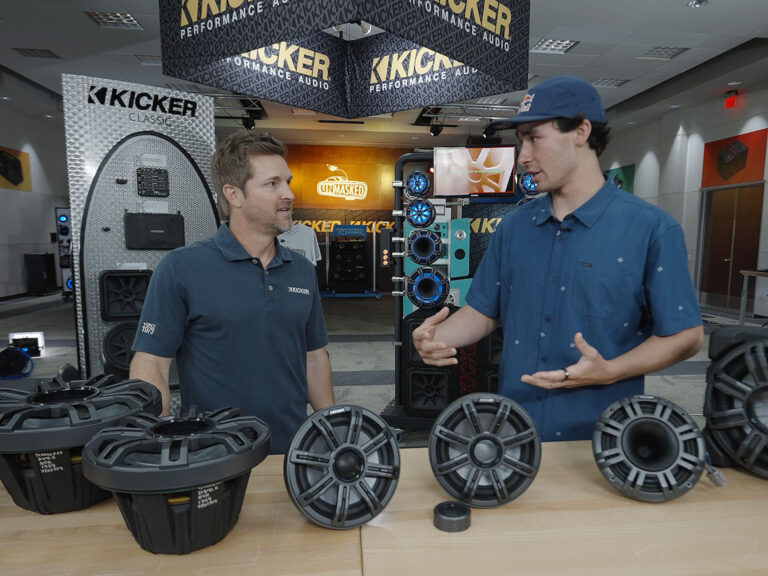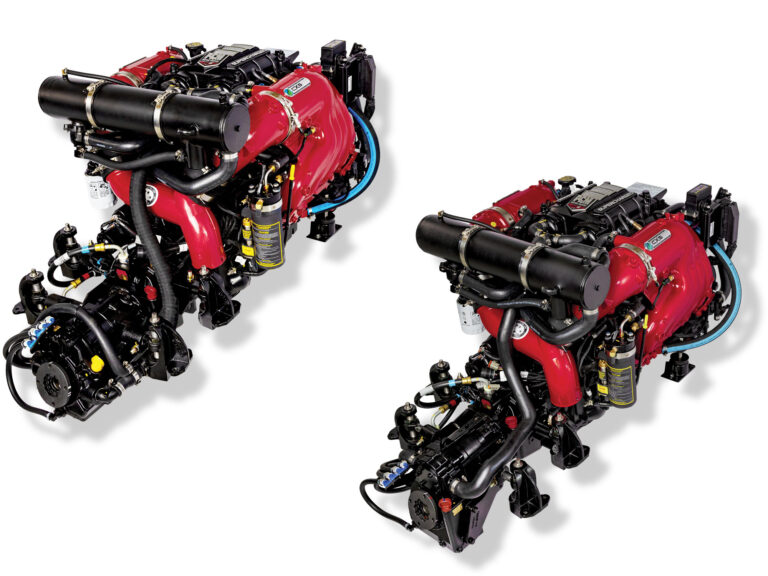words Kari Wilberg
She got a late start, but Cathy Williams managed to cram a lot into her more than a decade as a professional wakeboarder. Williams recently decided to retire from competition, but she’s not about to grab a cane, sit back and watch the action pass her by. As she approaches 40, Williams is switching to the coaching side of things, hoping to teach and inspire other female riders. Don’t be surprised if you see her out on the water again — the need to wakeboard runs through her blood and that competitive spirit will never retire. On the eve of her retirement from competition, we talked to Williams about why she’s retiring, some of the difficulties she faced as a female competitor and what it was like to start wakeboarding at 27.
Why are you retiring? Well, turning 40 is sort of a crap excuse to stop competing, but for right now it works. I do love riding and competing, but if I can’t be competitive then it takes the fun out of it. The girls have come so far and the riding level has gone through the roof, and with me spending most my time coaching clinics across North America, consistency in my riding has suffered. To be strong on tour, consistency plays a huge part in success. Plus, the industry has gone through a lot of changes this year, which has affected most of the riders, and I was not immune to it. So I’m retiring from competition series like the Pro Wakeboard Tour and the World Cup, which require money. I’ll probably get a wild hair and ride in some random comps like Nationals.
After such a long career, what’s it like to be stepping back a little? It sucks, but it’s not over, it’s just changing. I really enjoy competing. In fact, I love it! Competing and being competitive are two different things. I would like to think that I understand the difference between the two and there is some personal pride associated with that. It’s also strange when you’re used to travelling around the globe all year long, revisiting some the most amazing cities and countries, and then it all kind of comes to a halt. At the same time, I have increased travel within North America, coaching, doing some commentating here and there for different events, and I do hope with my unique coaching style of clinics like No Boys Allowed it will help get me out of the country a bit to do some travel and ride some new waterways.
How and when did you initially get involved in wakeboarding? It all started when I got job working for Bill at Performance Ski & Surf in ’94 or ’95. He was cool to hire me, knowing I had not had any prior experience in water sports. So I would go out on my days off and try to do all the different things in the shop that we sold. I figured it would help me become better at selling, because I wanted to make sure I was getting folks on the right equipment. Back then, rollerblades were hot! Darin Shapiro and Eric Perez had sick directional thruster boards with an aluminum top sheet and the latest progression in boards: a hole drilled out at the top for riding fakie. People were still sporting bungee strap bindings and boots were just emerging. Cracks me up just thinking about it!
Have you had any other big challenges during your career? I think one of the biggest challenges — not just for me but for the sport — was just being a girl. There wasn’t much money to go around, the purse on tour or any event for that matter was small, and respect for the girls’ riding was non-existent. The rest of the ladies had to carry themselves monetarily, become self-promoters and find creative ways to sustain themselves in a sport they loved. The pro women would get crappy ride times on tour like 7:30 a.m. for the first heat, and their finals would be over before the men’s finals even started at noon. The other challenge for me was age, because I started riding and competing at 27. Sponsors were like, “How long do you think you’re actually going to stay in the sport?” I was like ” I don’t know. I just got started.” Here it is 13 years later.
What advice would you give to up-and-coming female riders? Take care of your body and don’t ride for free. If you want to stay competitive, you have to treat your body like an athlete. Girls aren’t built to take a hit, like heavy falls and head-crackin’ smack downs, so it’s important they train. Ride a bicycle, swim, spend some time in the gym, and most of all, spend a lot of time on the water riding. Riding for free is the biggest mistake young riders at a pro level slip into sometimes. They want to be cool, so for free swag, they’ll run stickers on valuable board space. But when a rider’s accomplishments present an opportunity to start getting a full ride or a salary, then she will start further down on the bottom of the pay scale. Or worse: they got you for free so why should they pay. In the end, those two things will help any upcoming rider stay in the sport longer and hopefully have a more successful career.
Who has influenced your career? Makes me kind of laugh to think about it, but it comes around full circle being back at Performance Ski & Surf working for Bill Porter. Bill has supported me; made me feel like I had a big brother. I always knew I could go to him for advice. Bill continues to give to the sport with the Gravel Tour series. Performance gives the public access to a crew of people at the shop who are outstanding in industry knowledge and who are accomplished riders. I think his continued success comes from his work ethic, no-bullshit policies and uncanny knack for hiring a staff that works well together. The shop has spawned industry leaders like Brian Grubb, Joey Meddock and Thomas Gustafson and behind-the-industry developers like Steve Carlton (designer for Nautiques). If it were not for being at the shop, I would have never even known what wakeboarding was. I would not have the connections that I have made or had the opportunity to ride with great riders and would not have had the insight of how to make myself more valuable to my sponsors.
What do you feel is your biggest accomplishment? I think it’s lasting as long as I have. I would like to say it has been introducing as many people as I can to the sport. Being able to share my knowledge, passing it along to others, hoping they can have as much fun as I do and make a living at it, would be choice.
What are the best and worst parts of being a professional wakeboarder? The best part is the social aspect. You get to meet so many cool people from all over the world. When you have the “pro card,” the kind of opportunities that open up for you are ridiculous. I’ve done some of the coolest things ever, and I wouldn’t have been able to do it if it hadn’t been for being a pro rider. I really can’t think of anything that is bad about being a pro wakeboarder, except for maybe doing taxes at the end of the year.
How many more competitions do you have before you’re done on July 11? I’m going to play it by ear. July 11 is my birthday, but Nationals are after that, so if my riding is going well by then, I was kind of toying with the idea of entering. I’d ride in the pro division and see how it goes. If I make it to Worlds, well then, that would be icing on the cake.
What’s your favorite trick to do? The one trick that I always wanted to do was a Raley, and when I got my invite to the X-Games the second time around, I wanted to really step up my riding. I consider Darin a close friend, so I rang him up and asked him if he could teach me. Stoked, he said yes, but only if I was really ready to learn it. I came out to Ride the Spot, and by the end of the set, he had me punching out Raleys. I was so pumped! The funniest thing was at the end of the day he said “I really didn’t think you had it in you and now that I think about it, you’re probably the oldest chick ever to learn one.” Props to Darin for teaching an old girl a new trick!
What would you be doing if you weren’t a pro wakeboarder? I would probably be selling multi-million dollar yachts, a radio/TV personality or be a five-star Chef. I love to cook!
What’s the coolest thing you’ve done in your wakeboarding career? Travelling and riding all over the planet, meeting cool people, eating the most random foods and surfing some of the most beautiful breaks in the world!







